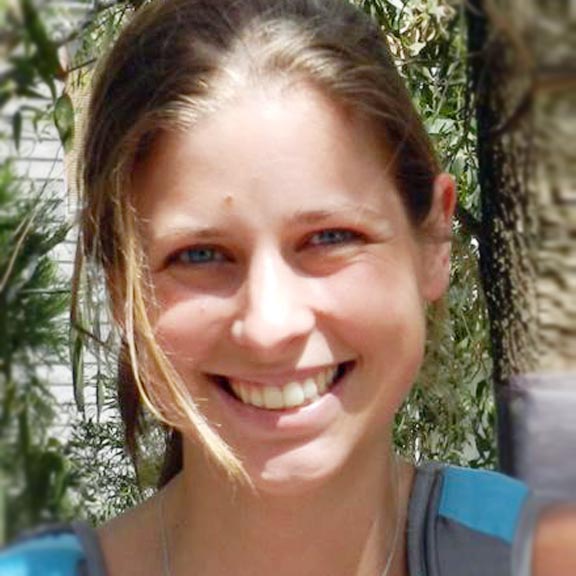A true virus-fighter thinks outside the box
When you start a new job you always meet new people, that is where I met Samantha Grimley, a Postdoctoral researcher at the Peter Doherty Institute in Melbourne. Samantha studies the HIV, the virus that causes AIDS. I asked her if she could share some of her experience as a researcher with Viruskenner.
Worldwide more than 35 million people are infected with HIV, the majority in Africa. The virus is transmitted via sexual contact, blood contact or during childbirth. HIV attacks the same immune cells that should fight against the infection, so the virus actually destroys our own defense mechanism. Moreover, HIV also destroys immune cells that should fight against other infectious diseases. At some point (months or years after initial infection) so many immune cells will be killed that the immune system fails to fight back against simple infections, this is the point where you have AIDS. Hence, HIV is the virus and AIDS the disease. Samantha explained that medications are available, but they are expensive and you have to take them every day for the rest of your life! That is why there is an urgent need for an effective HIV vaccine, which is something Samantha and her colleagues are working on. This is an immensely difficult task. For more than 30 years researchers have tried to develop an HIV vaccine, but developing an HIV vaccine is not as straight forward as you might think. There are many different HIV strains and on top of that the virus is constantly changing to escape from immune cells and antibodies that want to attack the virus. So by the time you have developed a vaccine, the virus has already changed and is no longer recognized by the immune cells and antibodies that the vaccine induces. But this is exactly the kind of challenge Samantha enjoys, it means that you have to think outside the box, researchers have tried many different approached, most of them were based on conventional vaccination strategies, but a virus like HIV asks for a completely new approach! The best thing about being a researcher according to Samantha is that you are on the edge of knowledge, when you do an experiment in the lab it could be the start of something new, something we did not know before, and for a small moment in time you are the first person in the world who perceives this new knowledge.
Samantha is currently working on developing a new affordable strategy that could help prevent sexual transmission of the virus: microbicides (http://www.who.int/hiv/topics/microbicides/microbicides/en/). These are creams or gels that contain high concentrations of antibodies that can bind many different variants of the HIV virus, so called broad-neutralizing antibodies. Women can apply these creams in the vagina where they form a protective barrier in case the condom breaks or if they have unprotected sex. But where do these antibodies come from? Samantha explained that these are cow antibodies, and not human. Apparently, when you vaccinate pregnant cows with HIV proteins they are capable of eliciting a very strong broad-neutralizing antibody response. But how do you get these antibodies from a cow into a cream? According to Samantha they are able to isolate these antibodies from the colostrum (first milk after birth of the calf). This milk contains high concentrations of antibodies which can then be purified and made into a cream. This process is relatively cheap, which makes these microbicides affordable for women in developing countries. But why are we not able to elicit these broad-neutralizing antibodies in humans? These broad-neutralizing antibodies have been detected in HIV infected individuals, but only after many years of infection. Humans are unable to induce sufficiently high amounts of these broad-neutralizing antibodies using current vaccine strategies even if you use a similar vaccine as used in these cows. Current research focuses on new vaccination strategies which could possibly induce these broad-neutralizing antibodies at high concentrations in humans.
Finally, I asked Samantha if she had some advice for the viruskenner virus-fighters that are studying HIV: Do not focus on what other people are doing but think outside the box! So much has already been tried before, an innovative idea could be game changing.

